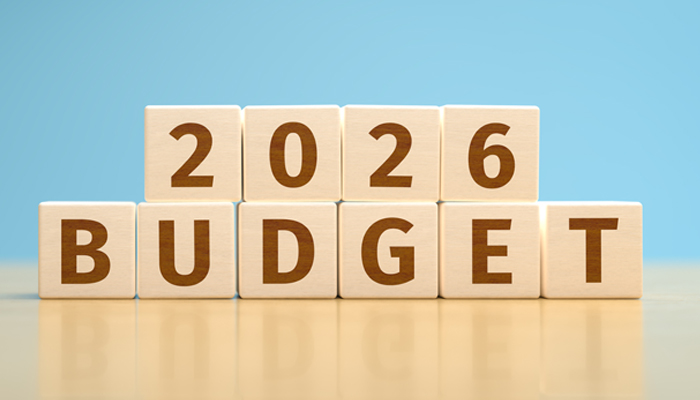
Are You Ready to Retire?
After years of hard work, retirement can represent freedom – having the time to do what you want, when and how you want. But while historically defined as being out of the workforce, retirement today looks a little different.
Rather than viewing retirement as a hard stop, many see it as a transition. Some people choose to continue working due to financial obligations or to take advantage of employer-provided benefits. Some people continue working to keep socially or physically engaged.
Many factors affect a person’s decisions about retirement. It’s a personal journey, but the following four questions may offer insight.
Is your work meaningful? If it gives you a strong sense of purpose and identity, you may hear a voice inside your head telling you not to retire yet. You may want to listen to it.
It can be tempting to see retirement as a “finish line,” with no more long workdays, commutes, or stressful deadlines. But it can be a starting line – a new phase of life. Before you decide, take time to determine what comes next and what will be important to you in the future.
Do you value work or leisure more at this point in your life? If the answer is leisure, score one for retirement. If the answer is work, maybe you need a new job or a new way of working rather than an exit from your company or your profession.
Some people really enjoy their careers; are you one of them?
Where do your friends come from? If very little of your social life involves the people you work with, score another point for retirement. If your friends are mainly your coworkers, those friendships may be tested if you retire (and you may want to try to broaden your social circle for the future).
At a glance, it might seem that an enjoyable retirement requires just two things: sufficient income and investment returns. These factors indeed promote a nice retirement, but there are also other important factors: your physical health, your mental health, your relationships with family and friends, your travels and adventures, and your outlets to express your creativity. Building a life away from work is a plus.
What do you think your retirement will be like? If you think it will be spectacularly different from your current life, ask yourself if your expectations are realistic. If, after further consideration, they seem unrealistic, you may want to keep working for a while until you are in a better financial position to try and realize them or until your expectations shift.
Without the structure that work provides, retirement can bring feelings of boredom, isolation, and a loss of identity or purpose. Ideally, you retire when you are financially, emotionally, and psychologically ready.
Why you are retiring is as important as when you choose to retire. With so much to consider, you may find a conversation with an experienced financial advisor helpful.

Related articles

Saving money isn’t just about cutting back—it’s about thinking differently. In 2026, rising costs and evolving financial tools mean traditional advice like “cut back on Starbucks” isn’t enough....

Estate planning in 2026 is more critical than ever as rising exemption limits, evolving tax rules, and shifting family dynamics reshape wealth transfer strategies. With the federal estate and gift...

As we step into 2026, creating a solid budget is more important than ever. Economic trends, evolving consumer behaviors, and technological advancements are reshaping how we manage money. Whether...